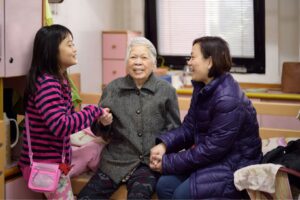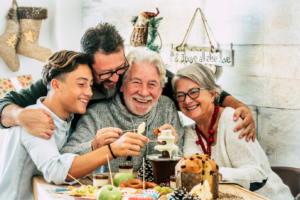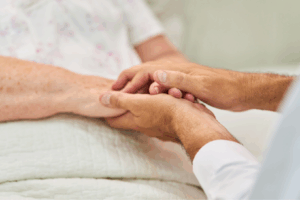Gene Hackman’s passing has brought attention not only to his battle with Alzheimer’s but also to the silent struggles of those who care for loved ones with dementia. His wife, who preceded him in death, was his primary caregiver—a role that is often physically and emotionally exhausting.
The Emotional and Physical Toll of Caregiving
Caring for a loved one with Alzheimer’s requires constant attention, patience, and emotional resilience. Studies show that caregivers are at increased risk of depression, anxiety, and serious health conditions. A recent study published in Scientific Reports by Nature confirms that dementia caregivers experience significantly higher stress levels and poorer mental health compared to non-caregivers, emphasizing the urgent need for support and resources. The daily demands—managing medications, assisting with mobility, and responding to unpredictable behaviors—can become overwhelming. Many caregivers neglect their own well-being, leading to burnout and declining health.
Raising Awareness: The Role of Public Figures
Emma Heming Willis, wife of Bruce Willis, has also spoken about the challenges of caring for a spouse with dementia, highlighting the need for caregiver support.
Despite these challenges, caregivers rarely receive the recognition they deserve. Their work is often unseen, yet they provide unwavering love and devotion. Without proper support, the stress of caregiving can lead to exhaustion, ultimately impacting their ability to provide quality care.
Finding Support: The Importance of Resources
The caregiving journey should not be faced alone. Professional support, such as respite care and in-home assistance, can provide relief to those carrying this responsibility. Services like Institute on Aging Home Care, which offers in-home care for older adults, and Companioa, which provides specialized Alzheimer’s and dementia care, as well as caregiver coaching, help caregivers find balance and peace of mind. Access to professional assistance allows caregivers to take necessary breaks, ensuring they can continue to provide care without sacrificing their own well-being.
If you or someone you know is caring for a loved one with Alzheimer’s, seeking support is not a sign of weakness—it’s essential for both the caregiver and the person receiving care. Caregiving is an act of love, but it should not come at the cost of one’s health. Recognizing the challenges and seeking help can ensure that caregivers provide the best possible care for their loved ones while also protecting their own well-being.





